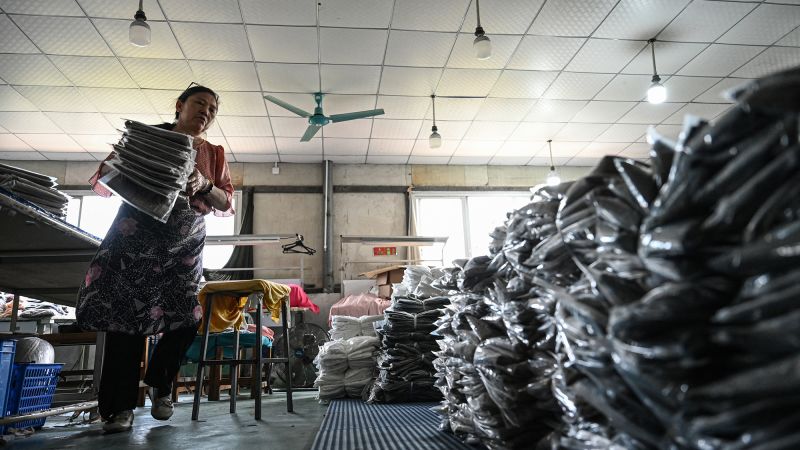In recent developments, the online shopping scene has dramatically shifted as popular platforms Temu and Shein have announced notable price hikes on several of their products. The cost of “cheap goods,” which were once a hallmark of these online retailers, has increased significantly as of Friday. This change comes as a proactive response to impending tariffs that are set to take effect on May 2, according to reports from CNN. Customers using these platforms were forewarned about the upcoming price adjustments just a week prior.
Primarily, Temu and Shein source a considerable percentage of their inventory from China, allowing American consumers to benefit from an exemption on tariffs for goods valued under $800. This tariff exemption, referred to as “de minimis,” has significantly aided shoppers in the past, but it will soon come to an end following an executive order signed by former President Donald Trump earlier in the month. As a result of this change, retailers like Temu and Shein may be compelled to pass increased costs onto consumers, leading to what many anticipate will be heightened prices across the board.
As reported, businesses should prepare for choices between paying an excessive 120% tariff on incoming goods or a flat fee of $100 per parcel. This fee is set to escalate to $200 by June 1. For instance, a pair of patio chairs that were previously listed at $61.72 on Thursday saw their price jump to $70.17 by Friday, indicating a clear reaction to the tariff changes. Similarly, a bathing suit set on Shein rose from $4.39 to $8.39, marking an alarming 91% price increase within a short span.
Interestingly, while many items displayed price surges, not every product experienced this trend. A smart ring on Temu was observed to be approximately $3 cheaper the following day, demonstrating the unpredictability of online pricing. Such fluctuations are customary in the realm of e-commerce, making it challenging to pinpoint reasons behind the sudden changes for specific items.
In a public notification, Shein addressed the customer base, clarifying that escalating global trade tariffs have raised their operational costs, necessitating price adjustments to maintain overall quality. Temu echoed similar sentiments in their communications to customers, indicating an awareness of the potential pushback they might encounter due to these price modifications. Both companies urged shoppers to make purchases before April 25 to avoid the surging costs of their goods.
However, a significant question remains unresolved regarding whether deliveries completed after May 2 will incur the new tariffs. Shein and Temu have not yet provided comments in response to inquiries about this issue, thereby leaving customers in a state of uncertainty.
An analysis from Trade Partnership Worldwide highlights the increasing financial strain that lower-income households face when it comes to apparel purchases. In 2021, these lower-income families allocated more than three times their income on clothing than wealthier households. Furthermore, research conducted by professors from UCLA and Yale elaborated that the end of the de minimis tariff exemption next month will disproportionately weigh on lower-income brackets. Their findings revealed that viewers from the wealthiest zip codes receive only 22% of packages beneath that threshold, while a staggering 48% of those shipments are sent to the poorest areas.
As these developments unfold in the context of changing trade regulations and tariffs, both consumers and businesses must navigate the evolving landscape of online shopping, with many lower-income households potentially bearing the brunt of these price increases. The future remains uncertain as customers weigh their options for making future purchases on platforms that were once celebrated for their affordability.



